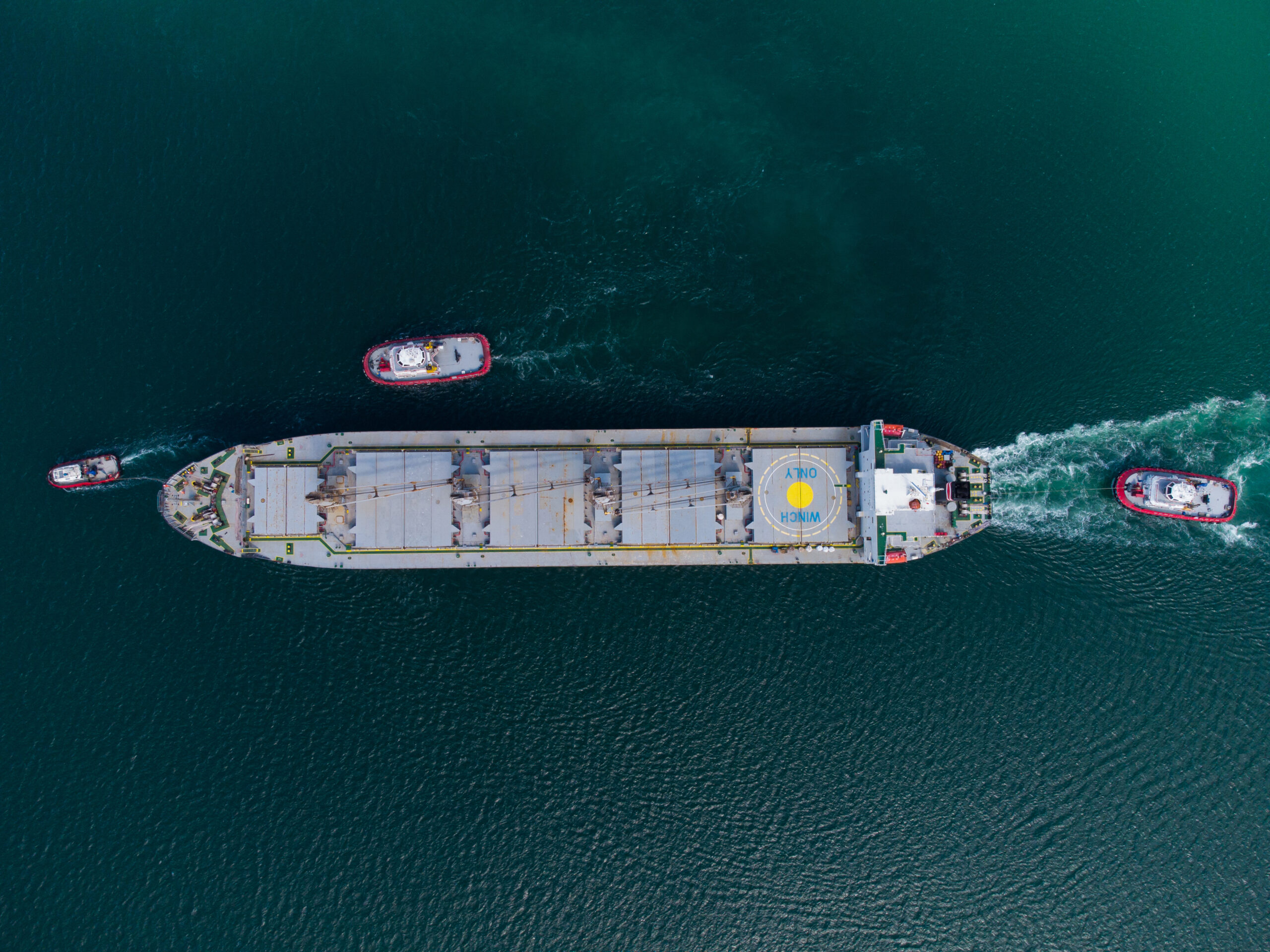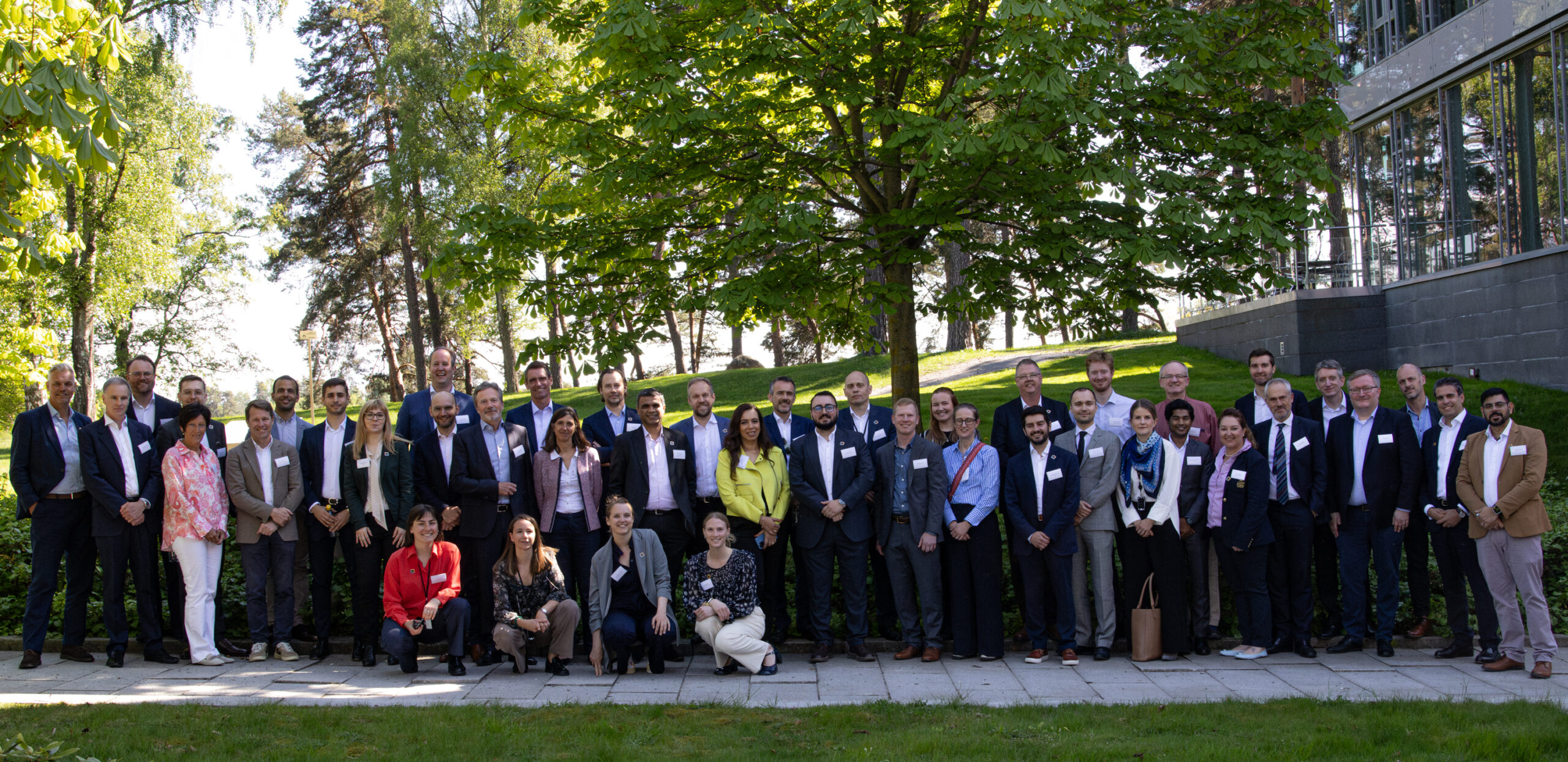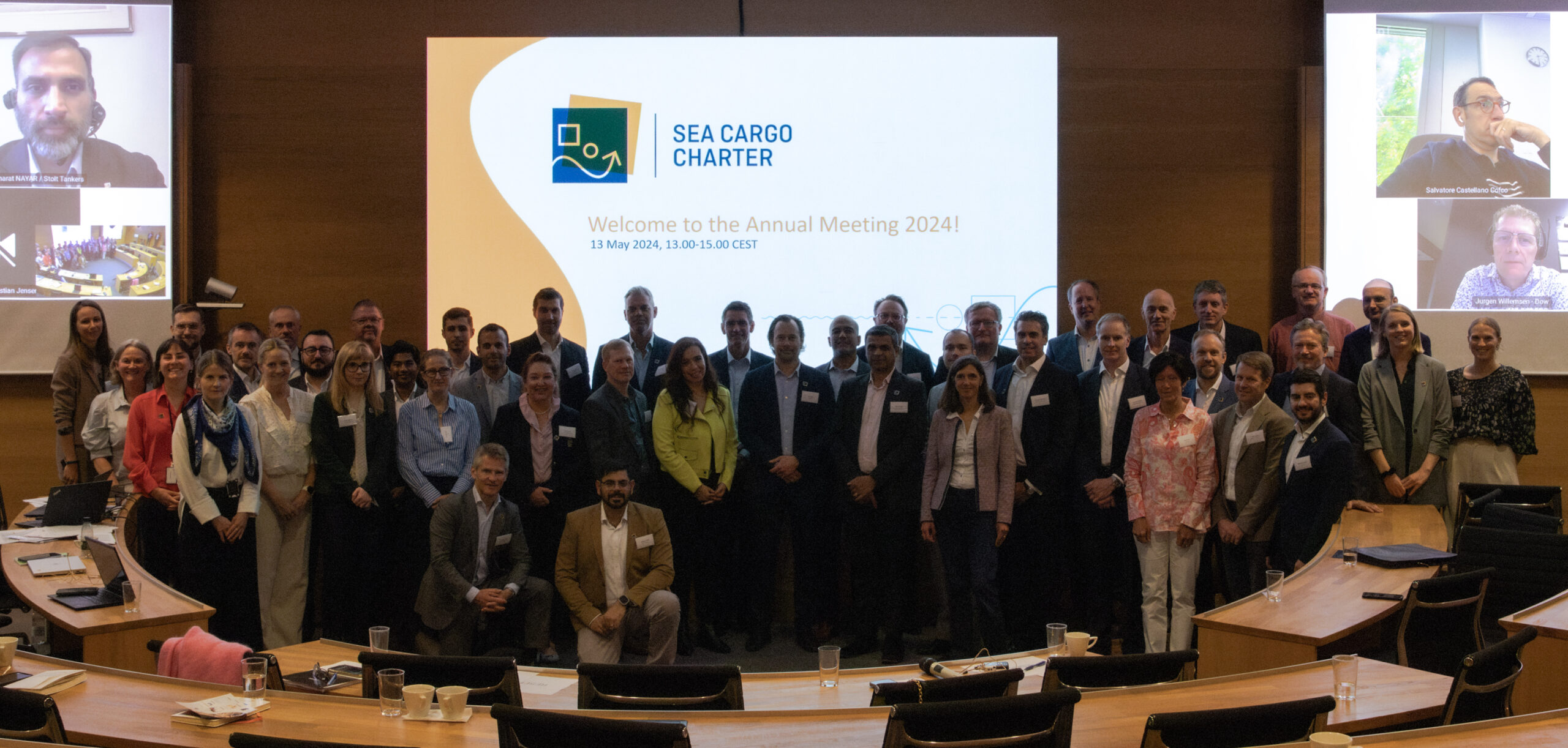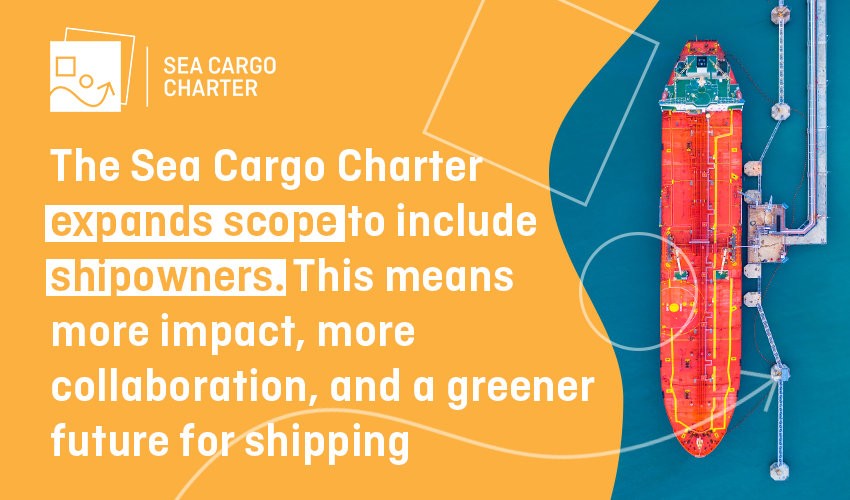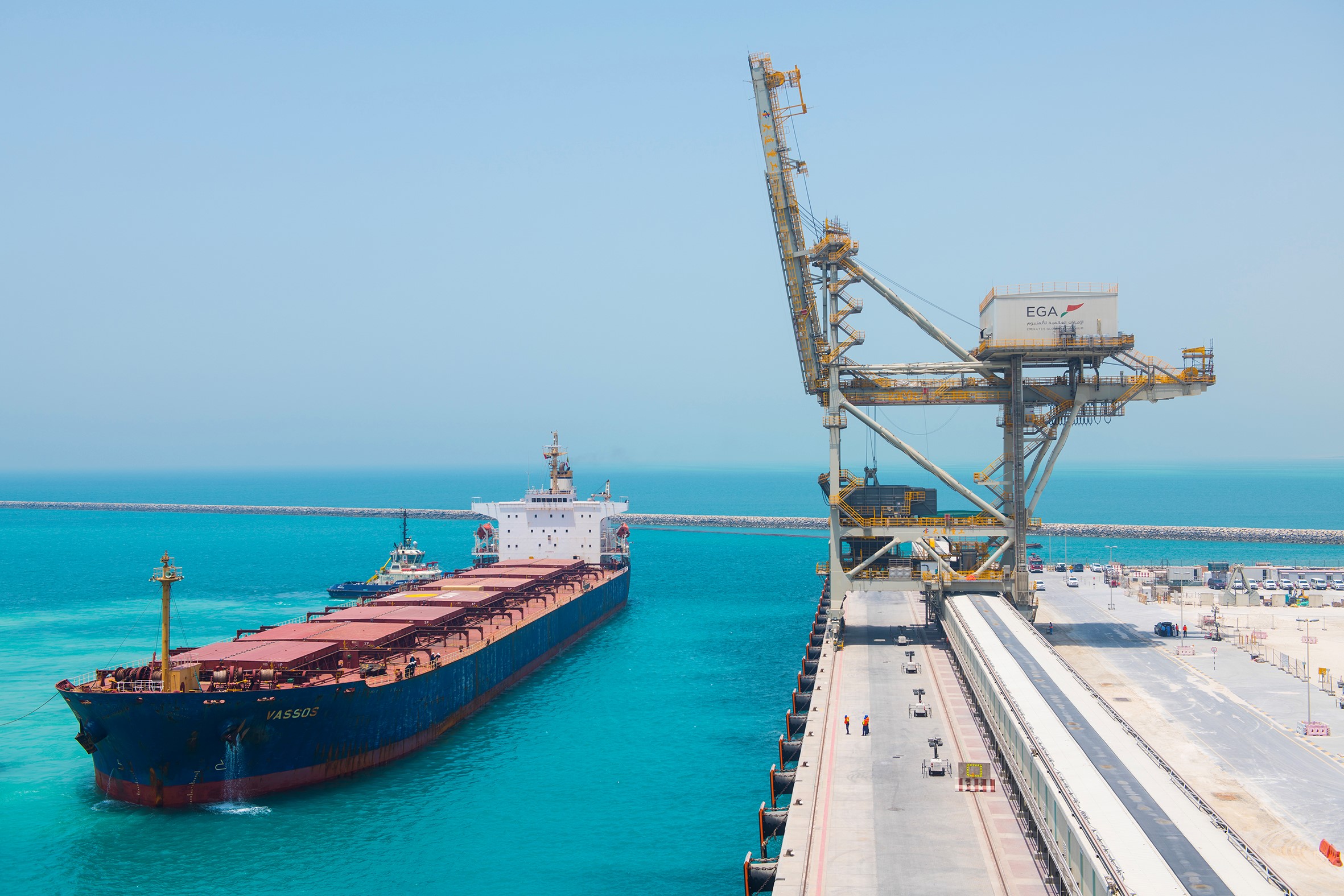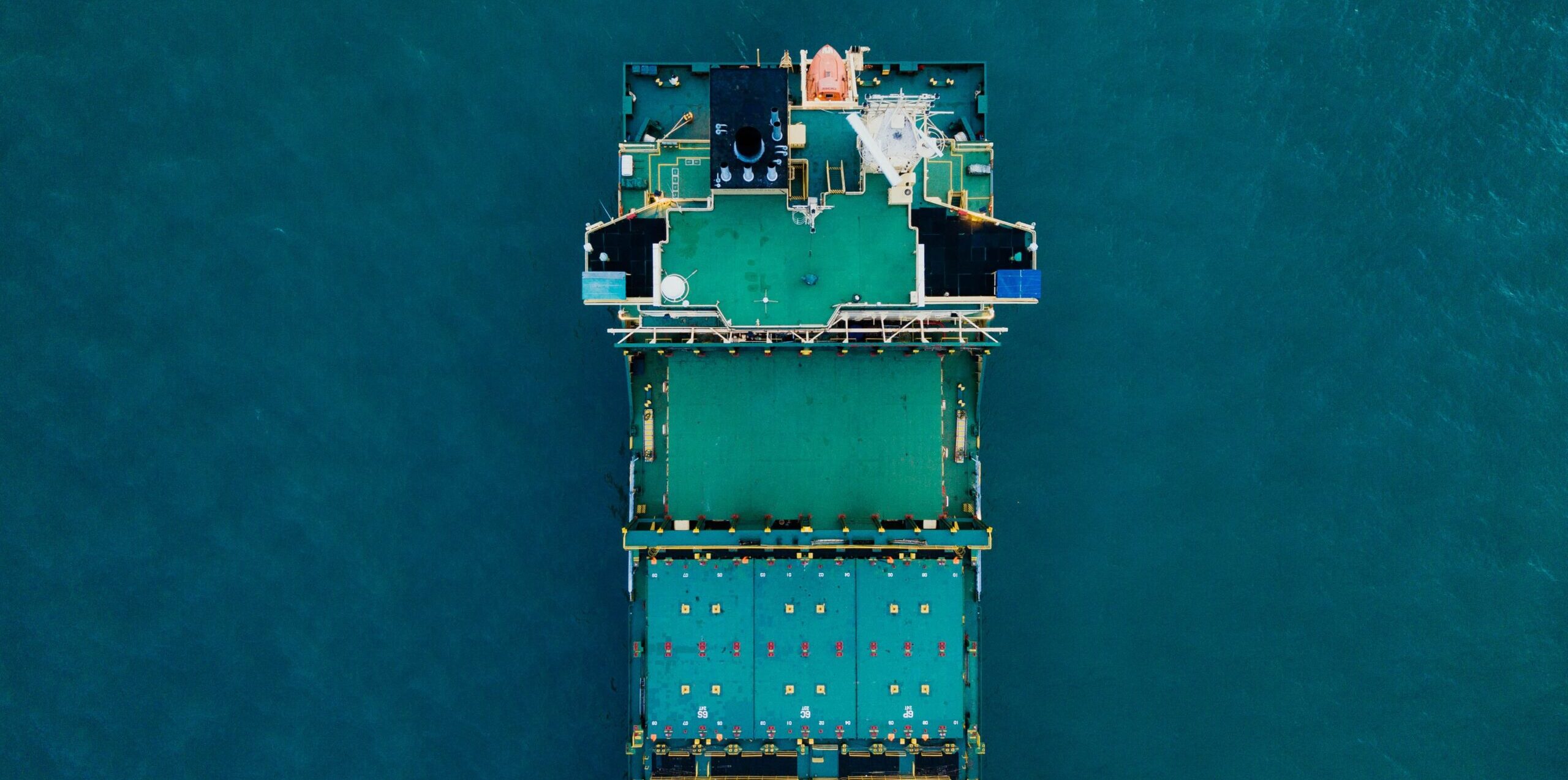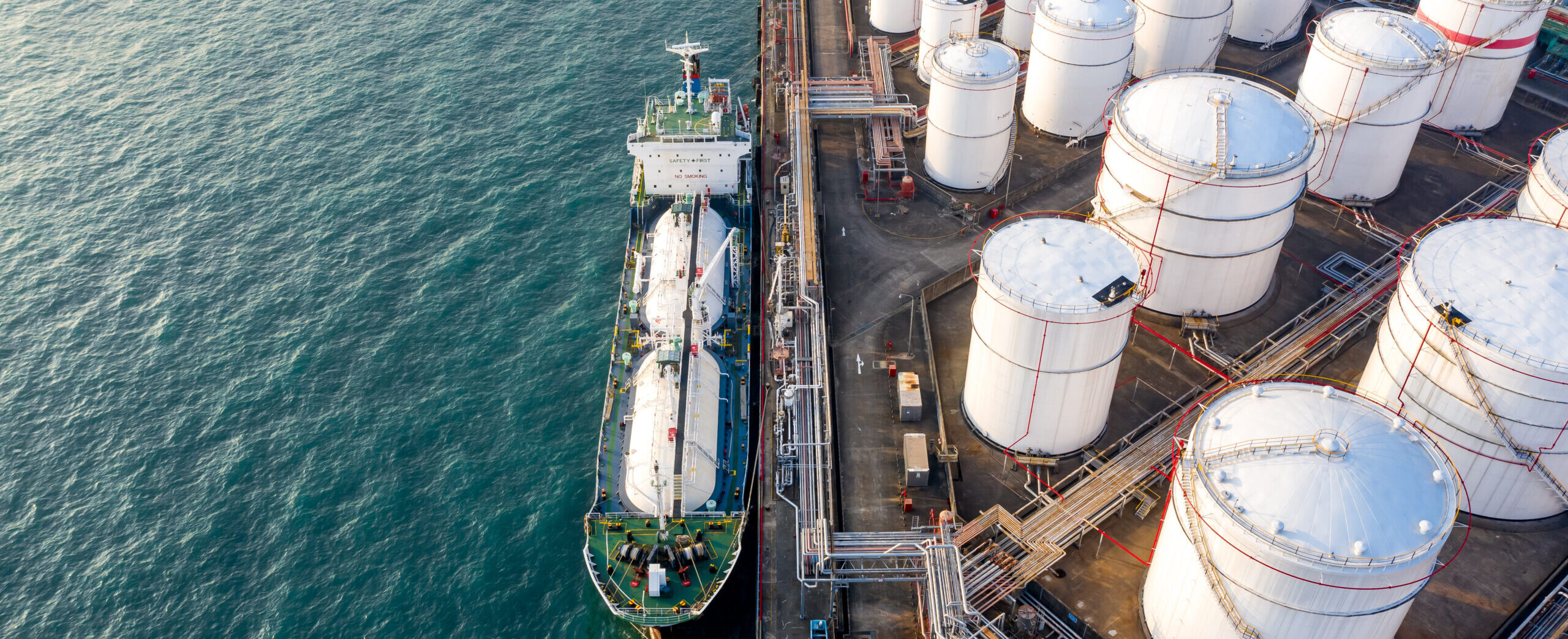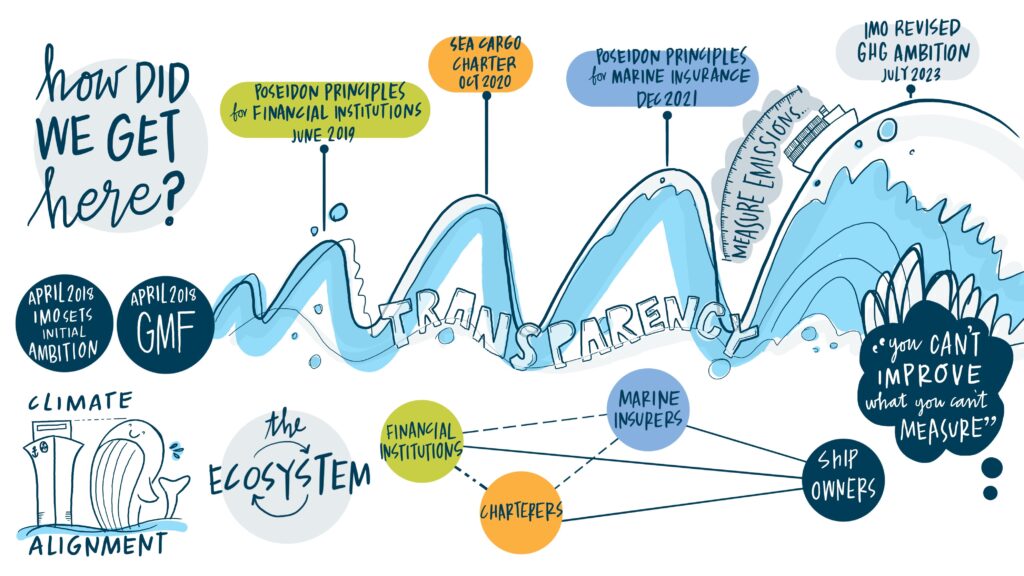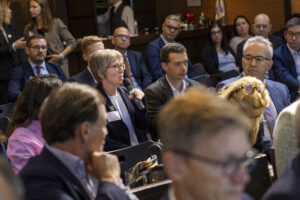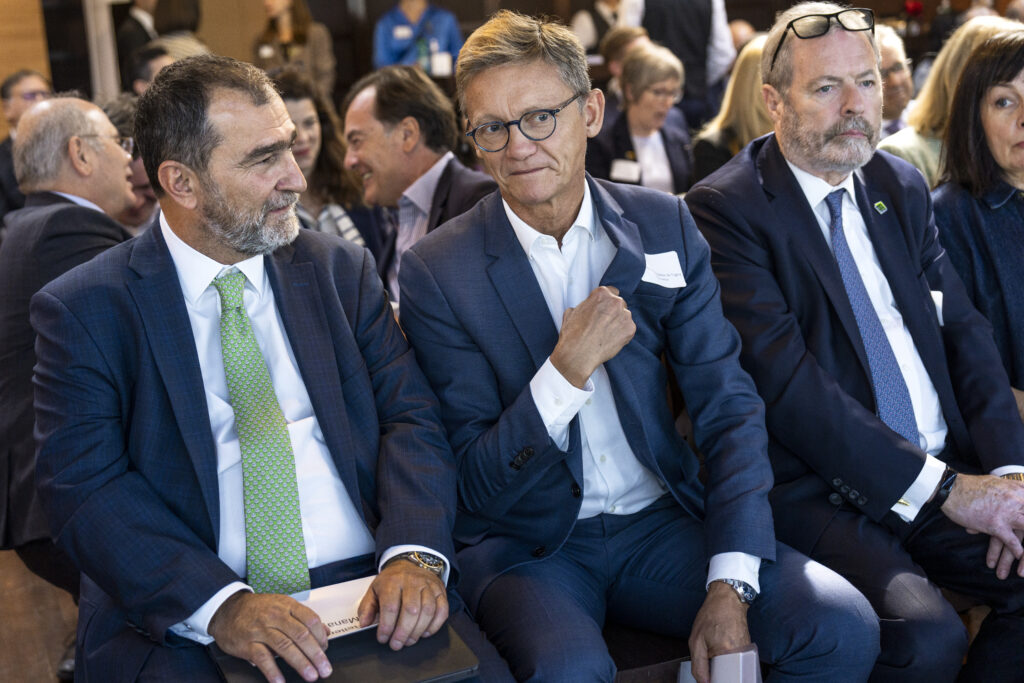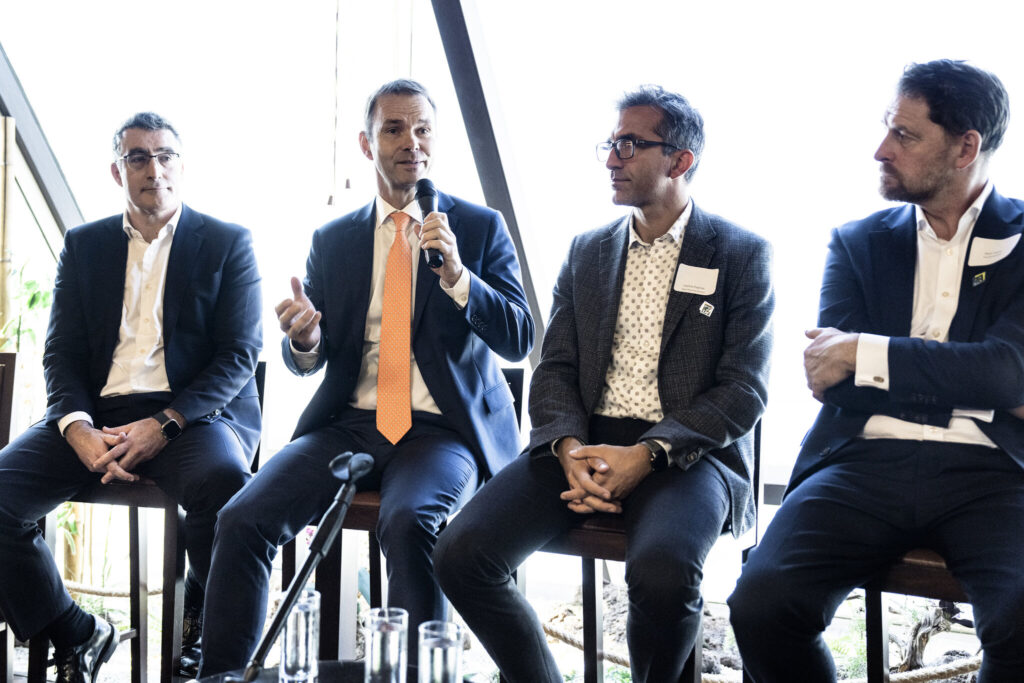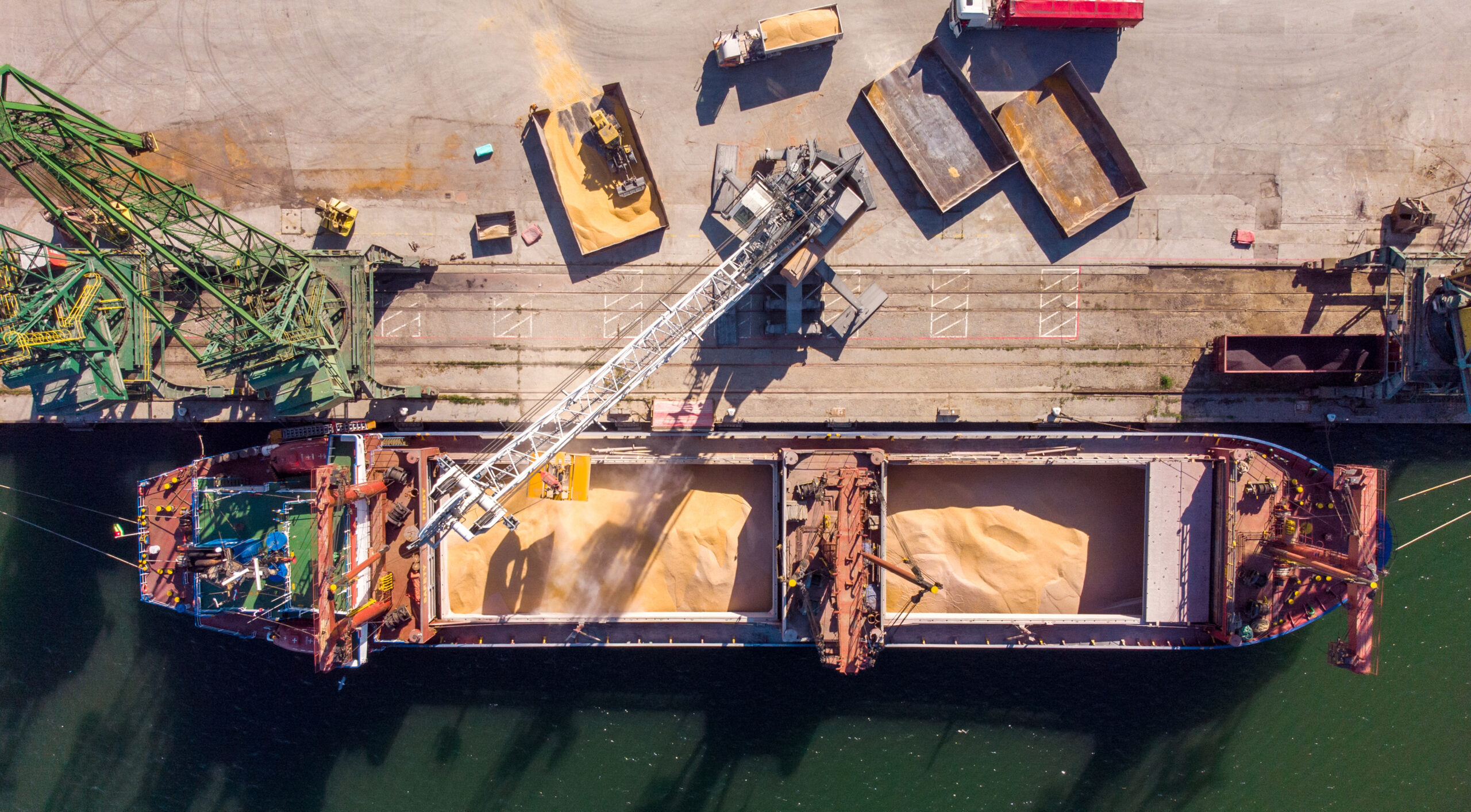- Urgent action required as new data shows the shipping industry fell behind minimum international climate goals by 17% on average in 2023 – a shortfall of 165 million metric tonnes of CO2e.
- Geopolitical developments, limited green fuel options and lack of infrastructure revealed as barriers to progress.
- Signs of positive change as transparency on emissions and industry collaboration increase to record levels and higher ambitions are embraced, pushing the industry towards faster decarbonisation.
Copenhagen, 13 June 2024 – The shipping industry must take urgent action to meet ambitious new climate targets set by the International Maritime Organization (IMO), according to a new report from the Sea Cargo Charter (SCC), a global transparency initiative developed by the Global Maritime Forum.
New data from the SCC, a global framework representing 20% of global bulk cargo transport, reveals the sector fell short of minimum international climate goals set by the IMO by an average of 17% in 2023, equivalent to 165 million metric tonnes of CO2e. When considering ‘striving’ goals set by the IMO, signatories are on average 22% misaligned, which represents a shortfall of 204 million metric tonnes of CO2e in 2023.
Currently, dry bulk, general cargo, and tankers account for around 400 million tonnes of CO2 emissions.1 With global trade predicted to quadruple by 2050, emissions will skyrocket without urgent action.
For the first time, this year the SCC signatories have chosen to voluntarily report against much stricter criteria, including the IMO’s revised GHG Strategy, introduced in July 2023. The strategy set ambitious net-zero emissions targets for 2050, with interim checkpoints in 2030 and 2040. Reporting has also been expanded to include “well-to-wake” emissions, which measure emissions from the extraction of oil to its end use, providing a more comprehensive picture of environmental impact and pushing the industry towards faster decarbonisation.
Despite the misalignment with the IMO’s revised emissions targets, the report also reveals promising trends. The number of SCC signatories has grown to 37 in 2024, 35 of which are reporting this year – a significant increase from 2022, demonstrating a growing commitment to sustainability and transparency within the industry. Furthermore, the average reporting percentage has shown a steady increase over the past three years, from 80% in 2022 to 93.2%. This year’s report shows that industry collaboration and data sharing is improving.
This level of transparency is unprecedented in the sector.
“The Sea Cargo Charter’s expanding coverage of reporting is a testament to its commitment to transparency and accountability, setting a new standard for environmental reporting in the shipping sector,” said Sea Cargo Charter chair Rasmus Bach Nielsen and global head of fuel decarbonisation at Trafigura. “As the Charter continues to attract new members and shape market practices, it underscores the importance of integrating climate considerations into business decisions. These efforts not only enhance emissions transparency but also propel the maritime industry towards a more sustainable future, at a time when action is needed more urgently than ever before.”
The SCC’s annual disclosure report is at the core of the framework’s mandate to making chartering activities environmentally responsible, by integrating climate considerations into business decisions and enhancing transparency on emissions. The 2024 report, released today, highlights the gap between current emissions and the IMO’s revised strategy for net-zero emissions by 2050. The report shows the importance of commercial and operational decisions on the vessels’ use (such as, instructed speed, cargo and routing optimisation, laden/ballast ratio), innovation and cooperation within the industry to be able to take action in this transition.
Other identified barriers to cutting emissions are geopolitical disruptions, limited alternative fuel options for long voyages, and a lack of infrastructure to support new technologies.
From next year, shipowners – not just charterers – will for the first time also be fully able to form part of the annual report, further enhancing transparency across the entire shipping value chain.
The Findings & Results
In these scores, negative values indicate alignment with decarbonisation trajectories, while positive values denote misalignment. The simple average score for climate alignment was 16.9% misaligned with the IMO’s ‘minimum’ ambition, with scores ranging from -16.5% to 47.6%. For the IMO’s ‘striving’ ambition, the simple average score was 21.9% above the target, with scores ranging from -14.8% to 54.7%.
Factors that influenced these scores include the challenges of adapting to longer journey times following geopolitical disruptions, changing operational parameters in ports, commercial choices such as energy-saving retrofit programs, instructed speed, laden/ballast ratio, and deadweight tonnage (DWT) utilisation on laden voyages.
Despite the steeper challenge of meeting the more ambitious IMO goals, signatories remain optimistic and committed to the continuously evolving SCC framework, which enables them to measure performance against a quantifiable industry standard while being part of a likeminded progressive group.
The growing number of signatories included, and the increasing reporting percentage of eligible activities covered in this report (93.2% on average) signals that many in the industry take the challenge seriously, using transparency on their emissions to drive positive change.
The SCC’s 2024 report paints a picture of an industry aware of the climate challenge and actively seeking solutions. Increased transparency, collaboration between charterers and shipowners, and alignment with the IMO’s revised strategy are all positive steps in the right direction. The shipping industry has a long way to go, but with continued transparency, commitment, and innovation, it can navigate a more sustainable future.
The 2024 Annual Disclosure Report was produced by the Global Maritime Forum, which performs secretariat services for the Sea Cargo Charter with expert support provided by UMAS and the Smart Freight Centre.
Media contact: Molly P. Hannon, Senior Communications Manager
M: +45 5376 6787
E: mph@globalmaritimeforum.org
About the Sea Cargo Charter
The Sea Cargo Charter is a global framework for assessing and disclosing the climate alignment of chartering activities. It establishes a common, global baseline to quantitatively assess and disclose whether chartering activities are in line with climate goals set by the UN maritime agency, the International Maritime Organization (IMO). The IMO’s initial greenhouse gas strategy prescribed that international shipping must reduce its total annual emissions by at least 50% of 2008 levels by 2050, whilst pursuing efforts towards phasing them out as soon as possible in this century. The IMO revised greenhouse gas (GHG) strategy adopted during MEPC80 in July 2023 sets a new ambition to reach net-zero GHG emissions from international shipping by or around, i.e. close to, 2050. The Sea Cargo Charter has recently aligned its ambition with these latest goals by agreeing to report in 2024 and onwards against (i) a full decarbonisation target in 2050, (ii) interim targets in 2030 and 2040 and (iii) the consideration of lifecycle emissions of fuels including further greenhouse gas (GHG) species.
The Sea Cargo Charter is one of three initiatives based on the same four Principles and developed with the Global Maritime Forum. Together with the Poseidon Principles and the Poseidon Principles for Marine Insurance, they share a common objective: fostering transparency on emissions reporting with the aim of contributing to reducing carbon emissions. Learn more.

